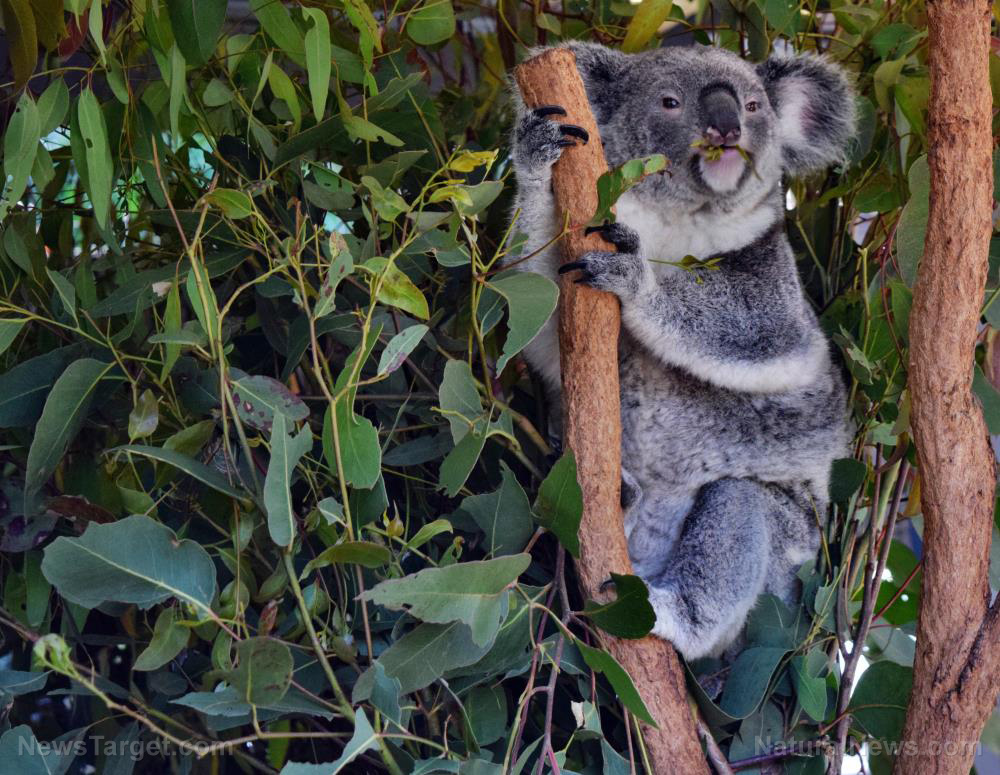
Unfortunately, there’s a major flaw in this argument that they seem to be overlooking: Carbon is an essential component of carbon dioxide, which is needed for plants to thrive. In fact, as CO2 levels rise, our planet actually gains forest coverage – and a new study that is the biggest land change analysis of its kind shows that is exactly what’s happening. Climate change alarmists, take note.
In a study published in the Nature journal, scientists analyzed 35 years of satellite data to assess the global land change dynamics that took place throughout the years from 1982 to 2016. Using historical satellite imagery from advanced, high-resolution radiometers, they explored the changes in cover of bare ground, short vegetation, and tree canopy across the planet and assessed the relation of these changes to human activity. They found that as the concentrations of carbon dioxide in our atmosphere rise, forest growth is supported.
The authors wrote: “We show that—contrary to the prevailing view that forest area has declined globally—tree cover has increased by 2.24 million km2 (+7.1% relative to the 1982 level).”
Some of these changes were regional, with a net loss in the tropics due to deforestation being outweighed by net gains on the rest of the planet. The new tree cover that the planet has gained in these years offsets the tree cover lost by an area that is roughly the size of Alaska and Texas combined!
Across all of the climate domains, one common theme that was seen was gaining tree cover in montane systems. New cover was found in places that were once barren, including deserts, tundra, mountains, cities, and other types of non-vegetated lands.
Climate change alarmists often claim that carbon dioxide levels in atmosphere have never been as high as they are now, even though data shows that the levels have been more than 10 times higher in the past. Right now, it stands at 408 ppm; this figure once exceeded 4000 ppm. In fact, the carbon dioxide levels of today are among the lowest they have ever been, and this study shows just tell much it’s helping the forests for these levels to rise.
The earth is getting greener
The fact is that higher levels of carbon dioxide makes the world greener and allow life to thrive, boosting biodiversity. A 2016 study published in Nature Climate Change also found a greening effect. That study reported that anywhere from 25 to 50 percent of the plant life on Earth is experiencing greening, with all the leaves on trees and plants increasing in an area that is roughly twice the size of the U.S. mainland. Satellite data was also used in this case to determine the amount of leaf cover on the vegetated regions of the planet.
These studies and many others like them show that reducing carbon dioxide levels is not the answer. If the Earth’s carbon dioxide levels were to drop dramatically, it would spur the end of life as we know it. All plant life would die and the food web would collapse, spelling the end of human civilization.
Sources for this article include:
Please contact us for more information.























